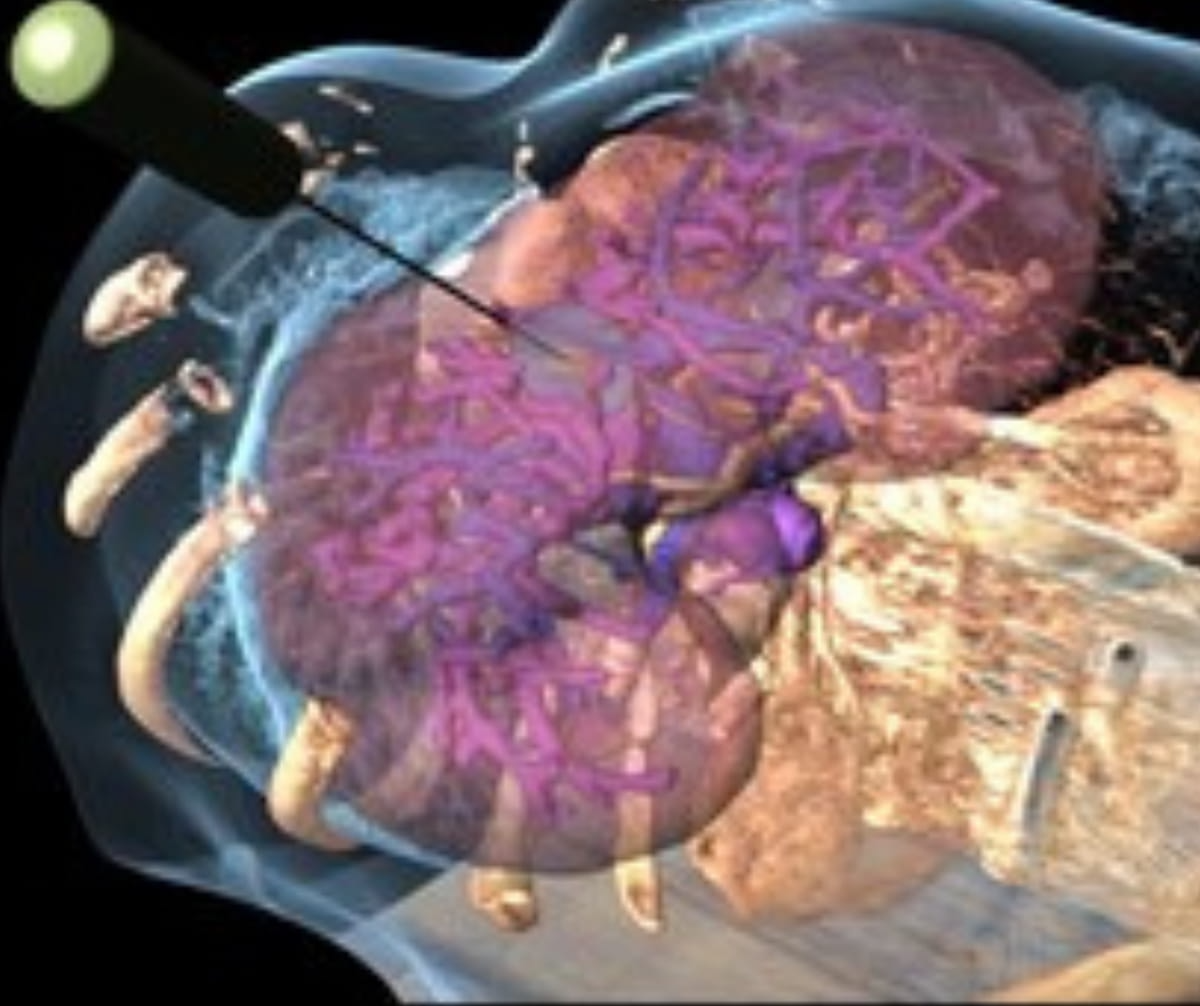Techsomed Launches Ultrasound-Based Software Suite for Liver Tumor Ablation Therapy
Featuring the previously FDA-cleared BioTraceIO Vision and BioTraceIO Precision modalities, the BioTrace software suite combines real-time ultrasound guidance and advanced AI technology to help bolster outcomes with liver tumor ablation therapy.
For patients with liver tumors, the emergence of a new software suite may enhance the accuracy and efficiency of ultrasound-guided treatment.
The recently launched BioTrace software suite includes BioTraceIO Vision and BioTraceIO Precision, two modalities that were previously cleared by the Food and Drug Administration (FDA) for use in liver tumor ablation, according to Techsomed, the manufacturer of the modalities.
For interventional radiologists, BioTraceIO Vision may enhance pre-op planning of liver tumor ablation procedures and BioTraceIO Precision provides assessments for post-ablation tissue damage based on real-time ultrasound images, according to Techsomed, the developer of both software modalities. (Image courtesy of Techsomed.)

For the assessment and treatment planning of patients with liver tumors, TechsoMed said interventional radiologists may utilize the artificial intelligence (AI)-powered BioTraceIO Vision for targeted ablation therapy based on ultrasound guidance. In order to access predictive insights on post-ablation tissue damage, clinicians may employ BioTraceIO Precision to get assessments based on real-time ultrasound imaging, according to Techsomed.
“We are thrilled to bring our BioTrace software suite, including both BioTraceIO Vision and BioTraceIO Precision, for patient care in the United States. … We look forward to partnering with leading medical institutions to revolutionize the standard of care in ablation therapy, offering patients the benefits of enhanced treatment precision aimed to improve outcomes,” noted Yossi Abu, the CEO of Techsomed.
Newsletter
Stay at the forefront of radiology with the Diagnostic Imaging newsletter, delivering the latest news, clinical insights, and imaging advancements for today’s radiologists.
Stroke MRI Study Assesses Impact of Motion Artifacts Upon AI and Radiologist Lesion Detection
July 16th 2025Noting a 7.4 percent incidence of motion artifacts on brain MRI scans for suspected stroke patients, the authors of a new study found that motion artifacts can reduce radiologist and AI accuracy for detecting hemorrhagic lesions.